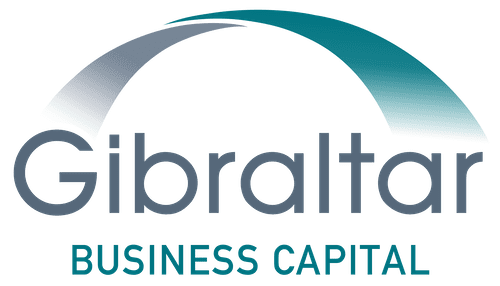As a private equity firm or individual sponsor, guiding the brand management of your portfolio companies can be an effective tool for boosting your return on investment. Building solid brand equity can increase sales volume and enable a company to charge premium pricing.
Here are seven tips for managing the process of building brand equity and ensuring that your sponsored management teams are on track.
1. Start with research. Learn who the customer is and what they are looking for. Monitor market trends. Look at what competitors are offering and how they present themselves. Research what differentiates you or your portfolio company from the competition. It’s best to have this comprehensive, impartial work done by people experienced in marketing research and, perhaps, the specific industry involved.
2. Hire a branding specialist. This can be a VP or C-level employee or an external branding firm, but whoever it is needs to have considerable experience and expertise. Building brand equity is a complex, long-term task. The experts only make it look easy.
3. Allocate enough time and money. Just putting together the initial brand package (logo, website, social media, marketing collateral) is likely to take six months to a year. And that is just the beginning. In addition, good brand experts, writers and designers are not inexpensive; allocate enough funds and staff to ensure quality.
4. Focus equally on design and content. They support and reinforce each other. Lower quality on either one will make your efforts seem unprofessional.
5. Implement an ongoing integrated marketing and public relations plan. This is where brand equity is born. There are four major steps in developing a valuable brand: building basic awareness; communicating brand meaning; shaping how customers think and feel about the brand; and building a deep bond with customers. This deep bond is what motivates them to return to a brand over and over and be willing to pay a premium.
6. Keep the brand consistent. To be effective, a specific brand look and message must be consistent across all channels, from website, marketing materials, presentations and submissions to news announcements, thought leadership pieces, events and executive speeches. That said, brands should change over time. New market trends emerge, customers alter their tastes and behavior. No brand should stagnate.
7. Rely on customer feedback. Communication of even the best-thought-out brands may have unintended consequences, good or bad. It’s important for researchers to keep a finger on the pulse of customers and potential customers. They know better than anyone whether a brand is doing its job.
Branding is one of the important factors in growing any company. To ensure your portfolio companies have enough resources to implement all the necessary plans to optimize profitability, consider asset-based financing from a reliable financial partner like Gibraltar. Contact our sales team for more information on our deep experience working in partnership with private equity.


